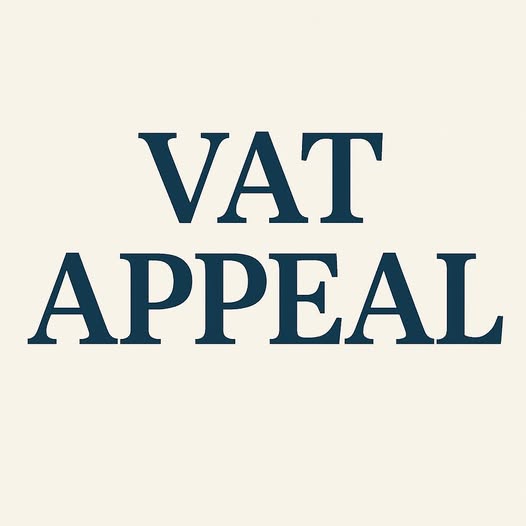
Challenging VAT Tribunal Decisions: Filing an Appeal Before the High Court Division under Section 124 of the VAT & SD Act, 2012
In the realm of indirect taxation, ensuring access to fair judicial remedies is a cornerstone of good governance and legal certainty. Under the Value Added Tax and Supplementary Duty Act, 2012, businesses and individuals aggrieved by decisions of the Customs, Excise and VAT Appellate Tribunal have a legal right to challenge such decisions before the High Court Division of the Supreme Court of Bangladesh.
This right is enshrined in Section 124 of the Act, offering an appellate mechanism — but only on questions of law, not on factual disputes.
 Understanding Section 124 – The Legal Framework
Understanding Section 124 – The Legal Framework
“Any person aggrieved by an order passed by the Appellate Tribunal may, within 90 (ninety) days from the date of the order, prefer an appeal to the High Court Division of the Supreme Court, only on questions of law…”
This means that the High Court’s jurisdiction under this section is limited to addressing errors of law — not to re-evaluate facts or evidence already considered by the Tribunal.
 When Can You File Such an Appeal?
When Can You File Such an Appeal?
You may consider appealing to the High Court Division if:
• The Tribunal misinterpreted or misapplied a VAT provision
• A legal principle was ignored or wrongly applied
• The order is based on no evidence or involves a jurisdictional error
• There was a breach of natural justice (e.g., unfair hearing)
• A binding precedent was disregarded
 Procedural Essentials
Procedural Essentials
Filing an appeal under Section 124 involves strict compliance with both substantive and procedural rules:
The appeal must be filed within 90 days from the date of the Tribunal’s decision. Delay may be condoned for sufficient cause under the Limitation Act, 1908.
 Documents Required
Documents Required
• Memorandum of Appeal stating facts and legal grounds
• Certified copy of the Tribunal’s order
• Supporting annexures (notices, replies, lower authority orders)
• Wokalatnama and court fee
 Who to Appeal Against?
Who to Appeal Against?
Generally, the appeal is filed against the Commissioner of VAT/Customs and/or the National Board of Revenue (NBR) as respondents.
The High Court does not function as a fact-finding body in this appeal. Its scope is limited to examining whether the Tribunal:
• Applied the law correctly
• Acted within its jurisdiction
• Followed due process
Upon hearing, the Court may affirm, modify, reverse, or remand the order back to the Tribunal with directions.
 Practical Tips for Success
Practical Tips for Success
If you’re facing an adverse VAT Tribunal order and believe there’s a legal error, this may be your rightful path to remedy.
